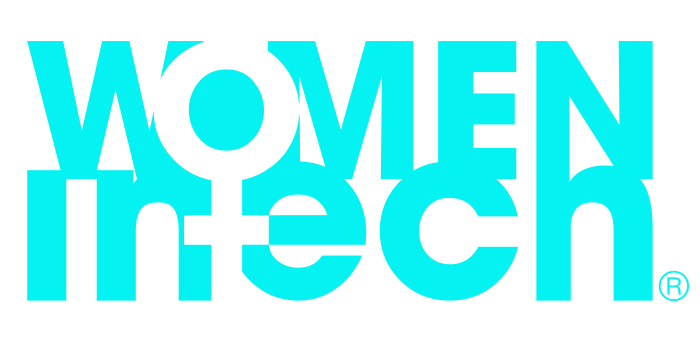A comprehensive new study conducted by McKinsey and the American Nurses Foundation, “The pulse of nurses’ perspectives on AI in healthcare delivery” has unveiled compelling insights into nurses’ perspectives on artificial intelligence in healthcare delivery, highlighting significant opportunities for women in both healthcare and technology sectors.
Research Overview
The extensive survey, which gathered responses from 7,200 nurses nationwide, reveals a promising intersection of healthcare and technology, with 64% of nurses expressing interest in incorporating more AI tools into their work. This enthusiasm peaks at 71% among nurses aged 30-39, suggesting a strong generational readiness for technological advancement in healthcare settings.
Women at the Forefront of Healthcare Innovation
The findings are particularly relevant for women in technology, as nursing remains a female-dominated profession where technology adoption can significantly impact patient care outcomes. Dr. Adriane Griffin, interim executive director at the American Nurses Foundation, along with co-researchers Gretchen Berlin, RN, and Stephanie Hammer, RN, demonstrate how women are actively shaping the future of healthcare technology.
Breaking Barriers: Challenges and Opportunities
The study identifies key concerns that need addressing: 61% of respondents cite trust in accuracy as a primary concern, while 49% worry about reduced human interaction. These insights present unique opportunities for women in tech to develop solutions that balance technological efficiency with the human touch essential to healthcare.
Empowering Future Innovation
Perhaps most significantly, 73% of nurses advocate for direct nursing input in the design and optimization of AI tools. This creates an unprecedented opportunity for women in both healthcare and technology sectors to collaborate and lead innovation in healthcare AI development.
Educational Implications for Women in Tech
The research highlights a critical need for AI education in healthcare, with 36% of respondents noting a lack of knowledge about AI-based tools. This gap presents an excellent opportunity for women in tech education and training roles to develop specialized programs bridging healthcare and technology.
Moving Forward
The study suggests that healthcare evolution through AI implementation won’t be possible without nurse engagement. For women considering careers in technology or healthcare, this intersection offers promising opportunities to influence the future of both fields.
“While many stakeholders may be eager to leap into the future with AI, it is critical to have leadership, insight, and feedback from healthcare’s largest workforce—nurses—to ensure that high-quality patient care remains the priority across all care settings,” the researchers note.
References
Berlin, G., Murphy, M., Hammer, S., Griffin, A., & Harrison, N. (2024). The pulse of nurses’ perspectives on AI in healthcare delivery. McKinsey & Company. https://www.mckinsey.com/industries/healthcare/our-insights/the-pulse-of-nurses-perspectives-on-ai-in-healthcare-delivery
McKinsey & Company. (2023, November 6). Understanding and prioritizing nurses’ mental health and well-being. https://www.mckinsey.com/industries/healthcare/our-insights/understanding-and-prioritizing-nurses-mental-health-and-well-being
McKinsey & Company. (2024, March 28). How to bridge the experience gap by supporting nurses of all tenures. https://www.mckinsey.com/industries/healthcare/our-insights/how-to-bridge-the-experience-gap-by-supporting-nurses-of-all-tenures


